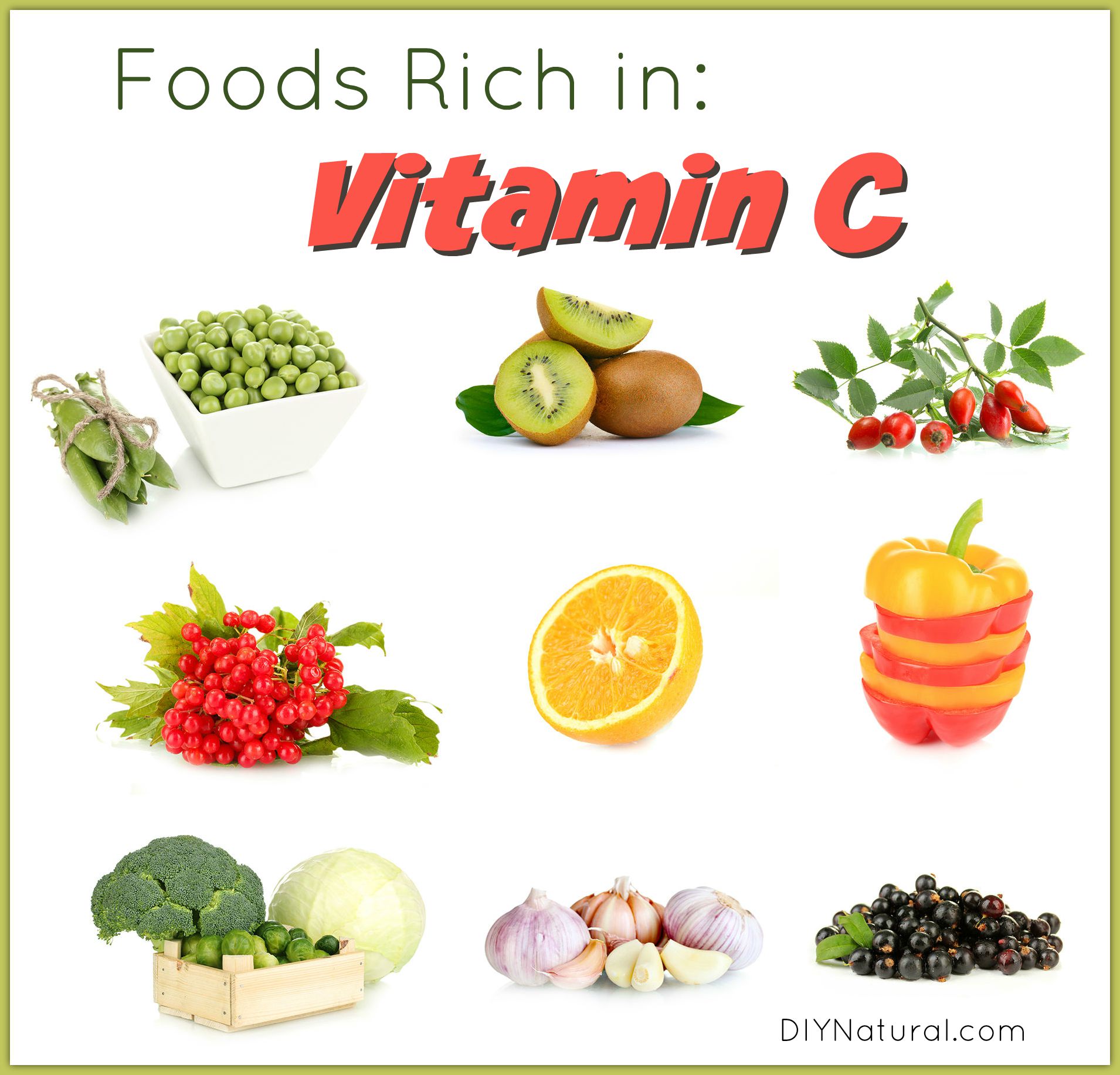
Vitamin C helps to repair and regenerate tissues, protect against heart disease, aid in the absorption of iron, prevent scurvy, and decrease total and LDL (“bad”) cholesterol and triglycerides. Research indicates that vitamin C may help protect against a variety of cancers by combating free radicals, and helping neutralize the effects of nitrites (preservatives found in some packaged foods that may raise the risk of certain forms of cancer). Supplemental vitamin C may also lessen the duration and symptoms of a common cold; help delay or prevent cataracts; and support healthy immune function.
Deficiency symptoms include fatigue, muscle weakness, joint and muscle aches, bleeding gums, and leg rashes. Prolonged deficiency can cause scurvy, a rare but potentially severe illness.
The recommended daily intake:
toddlers 1-3 years old, 15 mg per day
children 4-8 years old, 25 mg
children 9-13 years old, 45 mg per day
male teens 14-18 years old, 75 mg per day
female teens 14-18 years old, 65 mg.
men, 90 mg per day
women, 75 mg per day
pregnant women, 85 mg per day
breastfeeding women, 120 mg per day.
Smokers may benefit from a higher intake 250 mg of vitamin C each day.
Vitamin C is easy to get through foods, as many fruits (especially citrus) and vegetables contain vitamin C. Good sources include: apples, asparagus, berries, broccoli, cabbage, melon (cantaloupe, honeydew, watermelon), cauliflower, citrus fruits (lemons, limes, oranges), kiwi, fortified foods (breads, grains, cereal), dark leafy greens (kale, spinach), peppers (especially red bell peppers, which have among the highest per-serving vitamin C content), potatoes, and tomatoes.
When obtained from food sources and supplements in the recommended dosages, vitamin C is generally regarded as safe. Side effects are rarely reported, but include nausea, vomiting, heartburn, abdominal cramps, and headache. For most healthy individuals, the body can only hold and use about 250mg of vitamin C a day, and any excess is lost through urine. At times of illness, during recovery from injury, or under conditions of increased oxidative stress (including smoking), the body can use greater amounts. High doses of vitamin C (greater than 2,000 mg/day) may contribute to the formation of kidney stones, as well as cause severe diarrhea, nausea, and gastritis.
Adverse effects may occur between vitamin C and acetaminophen, antacids that contain aluminum, aspirin, and Warfarin. Nicotine products, oral contraceptives/estrogens, tetracyclines and barbiturates may decrease the effects of vitamin C.
Vitamin C may increase absorption of iron and lutein, and some evidence suggests that large doses of supplemental vitamin C may interfere with the absorption and metabolism of vitamin B12 found in food.
Please contact me if you have any questions about these remedies or would like more details on the process of making and finding the ingredients. I will be happy to answer any questions you may have.

Recent Comments